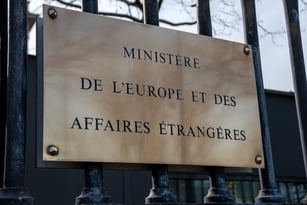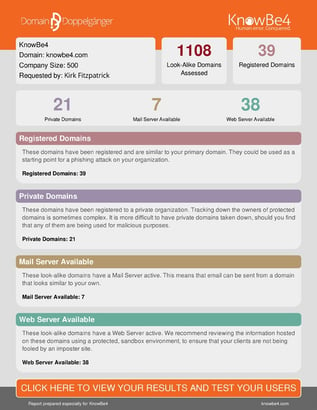 The French government is taking a stand against the increasing threat of digital warfare. Publicly accusing Russia of conducting an extensive online manipulation campaign, France is fighting back against typosquatting of major media outlets and the French Foreign Ministry.
The French government is taking a stand against the increasing threat of digital warfare. Publicly accusing Russia of conducting an extensive online manipulation campaign, France is fighting back against typosquatting of major media outlets and the French Foreign Ministry.
The goal of these fake websites is to spread disinformation and confusion about the ongoing war in Ukraine. France is not taking this threat lightly and is committed to protecting its citizens and its democracy from these dangerous cyber attacks.
The threat of digital warfare is becoming increasingly clear, shown by the French agency VIGINUM's recent discovery of a mirror website mimicking the French Foreign Ministry. However, swift and decisive action was taken by VIGINUM to combat this foreign digital interference. France is firmly committed to protecting its citizens from these dangerous cyber attacks.
According to VIGINUM, there were 355 domain names discovered to be impersonating European media outlets. These counterfeit websites, like Le Monde and Le Figaro, were distributing content that criticized sanctions against Russia, portrayed the Ukrainian armed forces negatively, and exaggerated the effect of Ukrainian refugees on other European nations.
France's condemnation of these actions was vocal and stern. The Ministry stated, "These actions, which are unworthy of a permanent member of the United Nations Security Council, will not distract France from its support for Ukraine in the face of Russia’s war of aggression."
According to French Foreign Ministry spokesperson Anne-Claire Legendre, the fake ministry website was designed to sow doubt about France's stance on Ukraine and weaken democratic conversations. She said that the action is a part of the ongoing hybrid war that Russia is waging. VIGINUM suggests that this effort is related to a bigger disinformation campaign that Meta uncovered last year.
Russian propaganda and disinformation tactics are evolving despite attempts by social media platforms and European governments to prevent them. This emphasizes the growing significance of digital warfare in global geopolitics and the urgent need for new-school security awareness training.
 Here's how it's done:
Here's how it's done:




